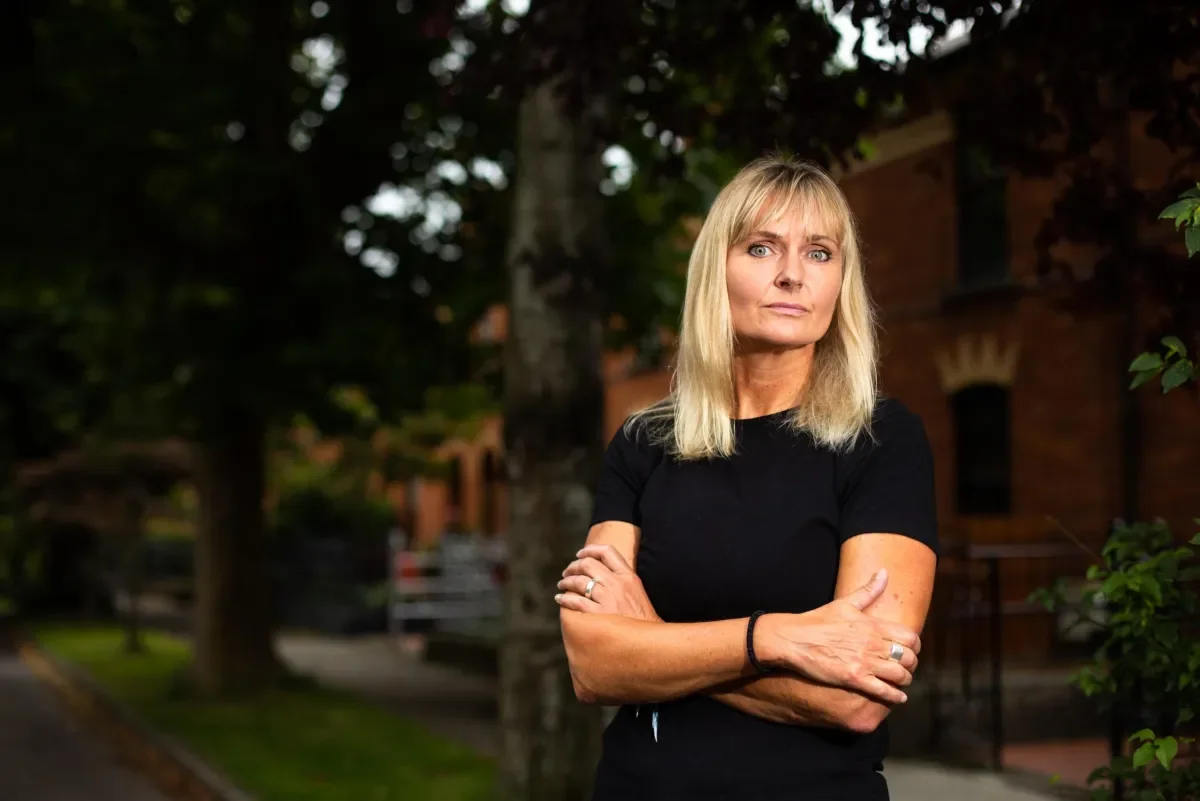

DCU's Dr Debbie Ging announced as part of major Irish-Australian research team tracking Anti-women movements
Dr Debbie Ging, researcher at the DCU Institute for Future Media, Democracy and Society (FuJo) will join Dr Josh Roose of Deakin University and Dr Michael Flood of Queensland University of Technology for the research.
They have secured €282,119 (AUD 441,037) from the Discovery Projects scheme operated by the Australian Research Council (ARC) to investigate the influences shaping men’s attraction to anti-women online movements and patterns of participation within them.
The project, which is entitled ‘Anti-women online movements: Pathways and patterns of participation’, will run over three years and aims to advance sociological research on the endemic problem of anti-women movements advocating violence against women in online environments.
The team combines expertise in the fields of internet studies, gender-based violence, masculinities and political sociology, with the Irish component being led by Dr Ging.
‘This project will make important new inroads into knowledge about male supremacism. We are dynamically tracking pathways of radicalisation and mainstreaming.
Studying these pipelines and patterns of participation over time will enable us to see how, why and via which platforms men become drawn in,’ Dr Ging said.
Expected outcomes of this project include practical strategies for preventing and reducing participation by men in online movements responsible for the harassment and abuse of women and girls.
By providing an evidence base and identifying key intervention points to inform policy making, this project should benefit women and girls who experience detrimental impacts on their democratic online participation and negative economic impacts.
The ARC Discovery Projects scheme provides grant funding to support research projects undertaken by individual researchers or research teams. The scheme provides funding of between AUD 30,000 and 500,000 per year up to five consecutive years, and is highly competitive.
